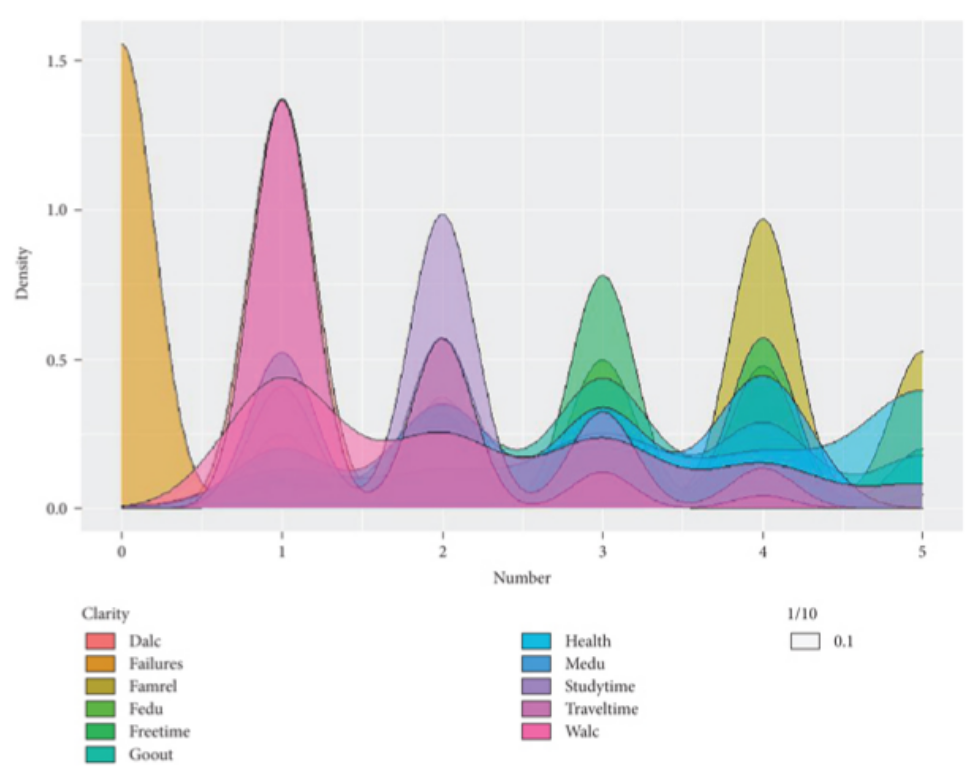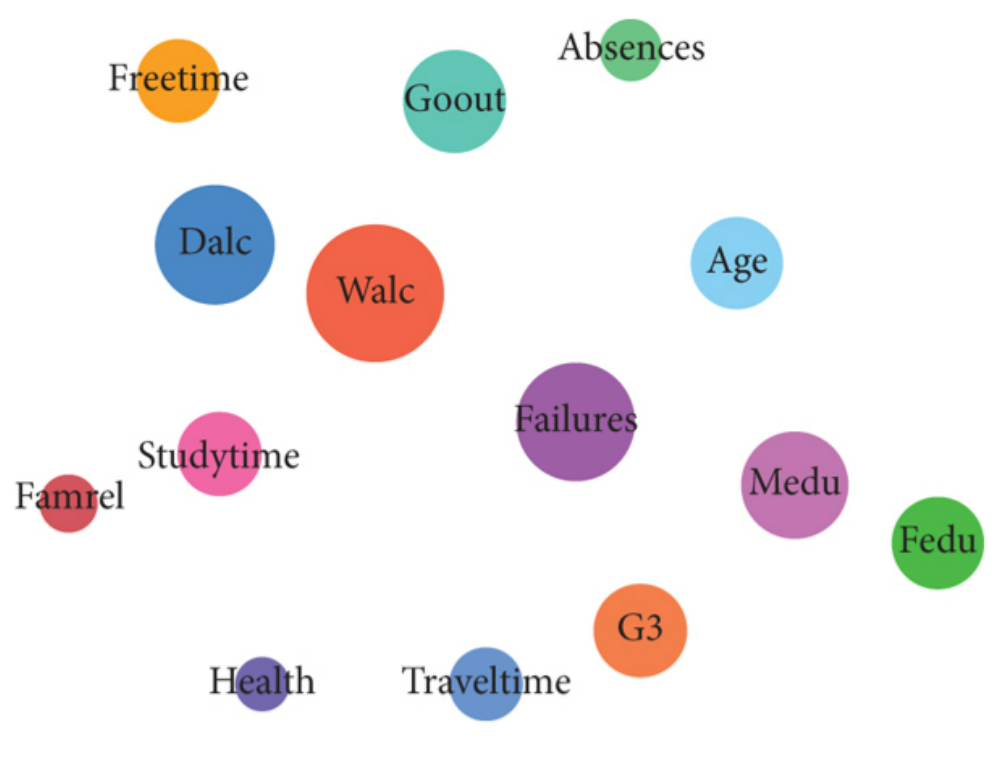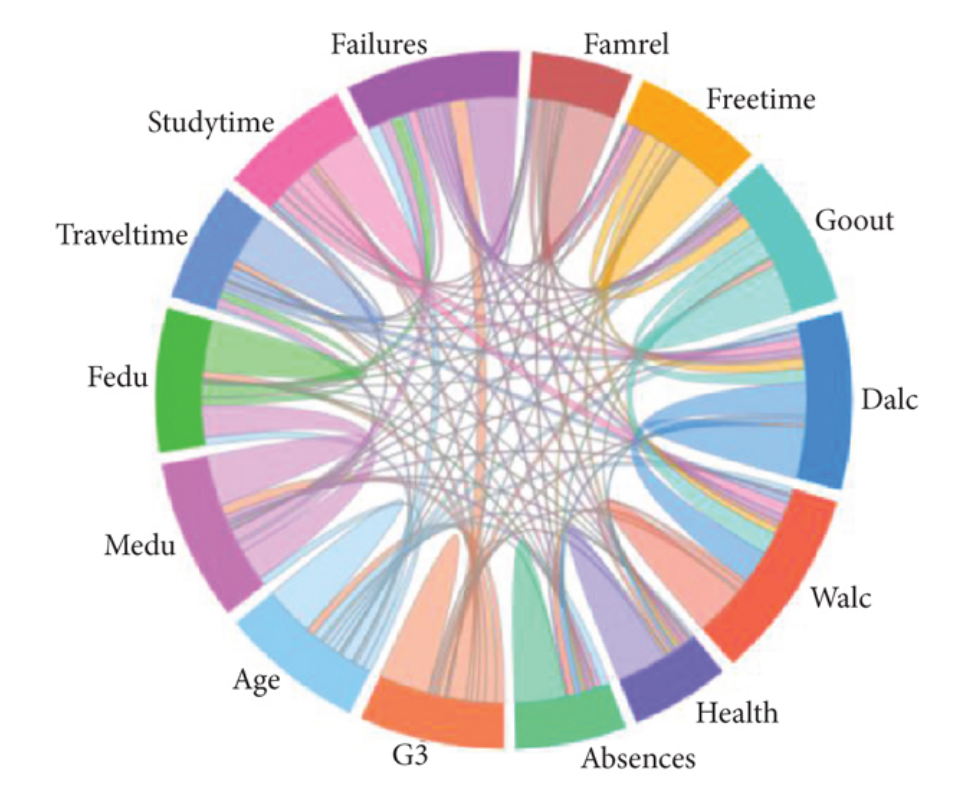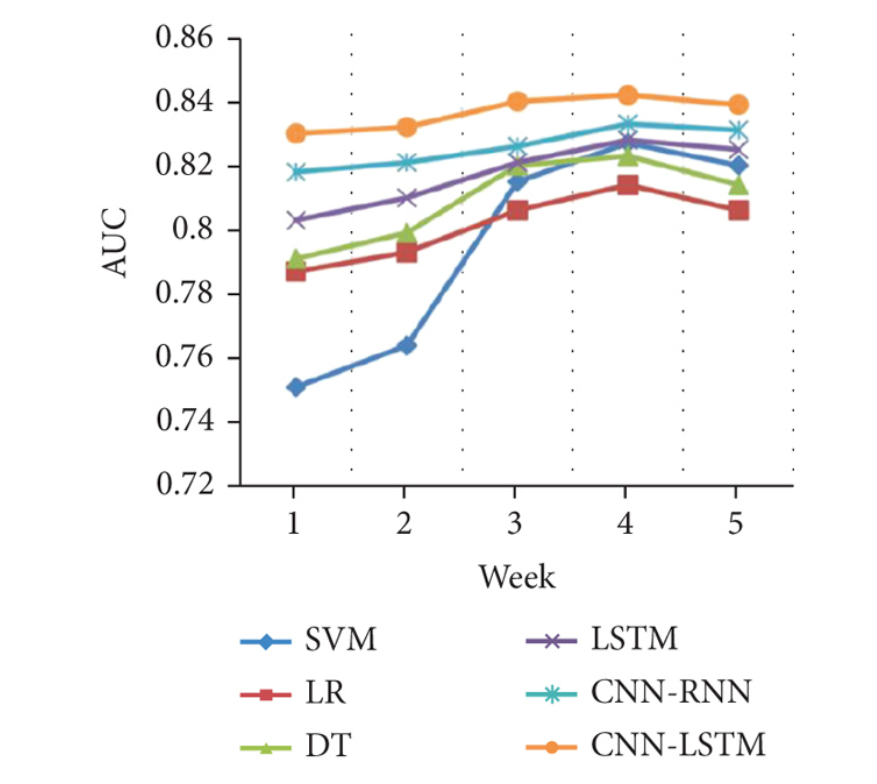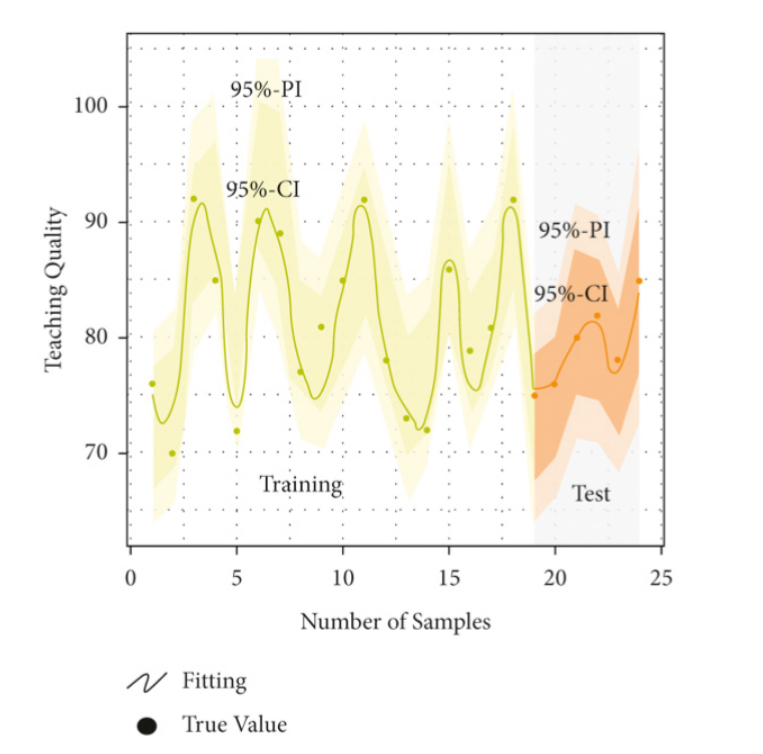 An open access journal
An open access journal
Exploring Community-Based Arts Education: Empowering Learners and Enhancing Social Cohesion
Abstract
This paper delves into the realm of community-based arts education, examining its role in empowering learners and fostering social cohesion within diverse communities. Drawing on literature from education, community development, and cultural studies, the paper explores how community-based arts programs engage participants in creative expression, cultural exchange, and collaborative problem-solving. It discusses the principles of community-based arts education, including participatory approaches, asset-based community development, and the valuing of local knowledge and cultural heritage. Through case studies and examples, the paper illustrates the transformative potential of community-based arts initiatives in addressing social issues, building bridges across divides, and promoting collective agency and empowerment. Additionally, the paper addresses challenges such as funding constraints, power dynamics, and the need for inclusive and accessible programming. It concludes by advocating for the expansion of community-based arts education as a catalyst for positive social change and community resilience.
Share and Cite
Article Metrics
References
- Anderson, L. W., & Anderson, D. (2015). Understanding Cultural Diversity in Today's Complex World. Sage Publications.
- Cahnmann-Taylor, M., & Siegesmund, R. (2008). Arts-Based Research in Education: Foundations for Practice. Routledge.
- Chambers, R. (1997). Whose Reality Counts? Putting the First Last. Intermediate Technology Publications.
- Freire, P. (1970). Pedagogy of the Oppressed. Continuum.
- Matarasso, F. (1997). Use or Ornament? The Social Impact of Participation in the Arts. Comedia.
- Shor, I., & Freire, P. (1987). A Pedagogy for Liberation: Dialogues on Transforming Education. Bergin & Garvey.
- Zembylas, M., & Poyia, A. (Eds.). (2012). Handbook of Moral and Character Education. Routledge.

